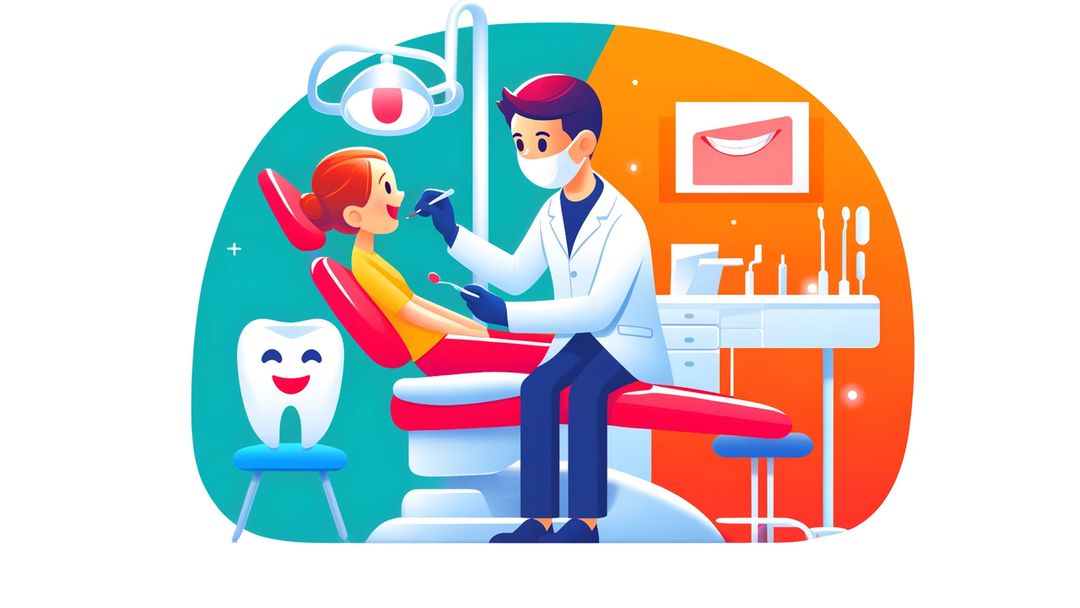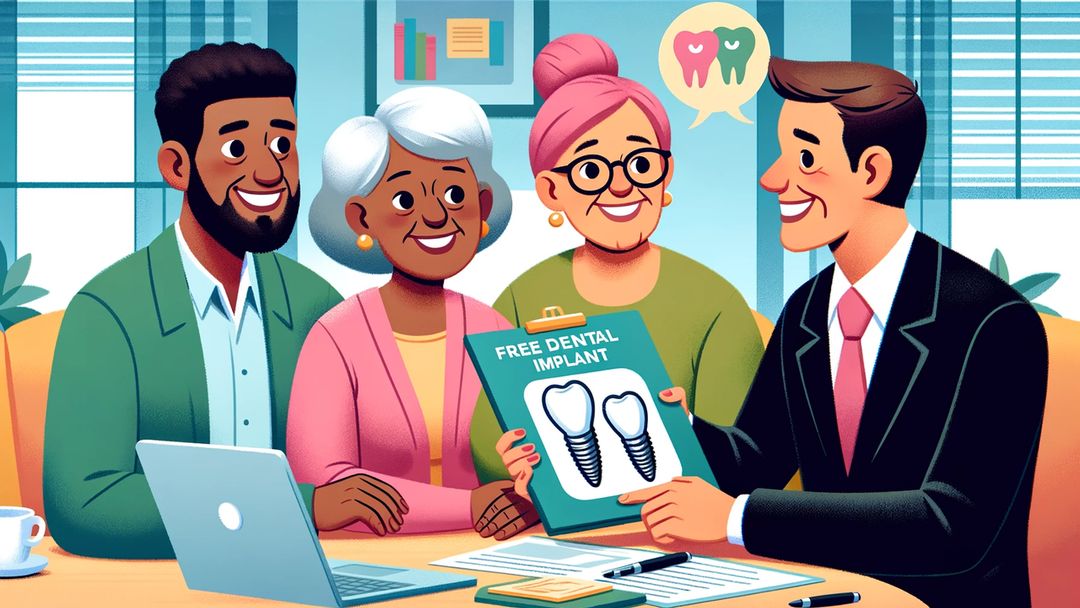Teeth whitening can significantly enhance the smile and confidence of seniors. In the US, there are several affordable options available for seniors looking to brighten their teeth. This article explores cost-effective teeth whitening services, detailing the benefits, price ranges, and real-world examples.
Here's a detailed overview of how these programs work, who can benefit, and the steps to access these essential services.

Dental implants are artificial tooth roots, typically made from titanium, that provide a permanent base for fixed, replacement teeth. Compared to dentures, bridges, and crowns, dental implants are a popular and effective long-term solution for people who suffer from missing teeth, failing teeth, or chronic dental problems. They are designed to blend in with natural teeth and are a robust, secure solution for tooth replacement.
Increasing Accessibility to Quality Care
These programs are critical in making high-quality dental care accessible to seniors, especially those on fixed incomes or with limited healthcare budgets. By covering the full cost of dental implants, these programs ensure that financial constraints do not prevent seniors from receiving the best possible dental care.
Benefits of Dental Implants Over Other Treatments
Dental implants offer numerous advantages over other forms of dental prosthetics:
1. Durability: Implants are designed to last many years and are a more permanent solution.
2. Functionality: They function like natural teeth, allowing for comfortable eating and speaking.
3. Oral Health: Unlike dentures, implants do not require altering other teeth, which better preserves overall oral health.
4. Convenience: Implants eliminate the need for messy adhesives to keep dentures in place.
The success of free dental implant programs often relies on partnerships between various stakeholders:
Nonprofit Organizations: Many nonprofits work to secure funding and resources for dental care for seniors.
Dental Clinics: Local clinics often participate by providing services at reduced rates or as part of charitable services.
Educational Institutions: Dental schools may offer free implant services as part of training programs for dental students, supervised by experienced professionals.

To qualify for free dental implants, applicants typically need to meet specific criteria:
Income: Most programs target low-income individuals who cannot afford dental care.
Medical Need: Candidates must often demonstrate a significant need for implants, rather than cosmetic or optional dental work.
Residency: Some programs may require applicants to live in certain areas or regions.
Seniors interested in these programs should start by contacting local dental schools, nonprofit organizations, and health departments to inquire about available opportunities. It's also beneficial to consult with a dental professional who can advise on the suitability of implants based on individual dental health.
Research Local Resources: Begin by researching local dental clinics, nonprofit organizations, and community health centers that might offer free dental implant programs. Many local entities partner with national programs to provide subsidized care.
Contact Senior Centers and Advocacy Groups: These centers often have comprehensive lists of resources and programs available for senior healthcare, including dental implants. They can provide guidance and direct you to the appropriate services.
Utilize Online Directories and Health Departments: Websites like the American Dental Association (ADA) and local health department sites can provide directories of dental schools and clinics that offer discounted or free services.
Attend Health Fairs and Senior Expos: These events often feature booths or presentations on senior health services, including dental care. They can be excellent opportunities to connect directly with program representatives.
Application Process: Once you've identified a potential program, contact them to inquire about the application process. This often involves providing proof of income, residency, and a detailed dental assessment to demonstrate the need for implants.
1. Professional Dental Associations: The ADA and state dental associations are valuable resources for information on dental care initiatives, including those that offer free implants. They provide details on eligibility, application processes, and program locations.
2. Senior Health Advocacy Organizations: Groups such as AARP offer extensive resources on healthcare for seniors, including specialized dental programs. They also advocate for senior health rights and access to care.
3. Government Health Websites: Sites like Health.gov and Medicare.gov can provide information about federally funded dental programs and other health services for seniors. These sites also offer tools for finding local health care providers and services.
4. Educational Institutions: Many dental schools offer treatment provided by dental students under professional supervision at a reduced cost or free. These schools often have programs specifically aimed at community service, including free dental implant services.
5. Social Media and Forums: Platforms like Facebook, Reddit, and other online communities can be useful for connecting with others who have navigated the process of securing free dental implants. They often share personal experiences, tips, and recommendations.
The provision of free dental implants can profoundly impact seniors' lives, offering more than just physical benefits. Improved dental health leads to better nutrition, enhanced self-esteem, and greater social interaction. These factors collectively improve the quality of life and can significantly affect mental health and overall happiness.
The initiative to provide free dental implants to seniors represents a progressive step towards inclusive and compassionate healthcare. By removing financial barriers and restoring essential dental functions, these programs not only improve individual lives but also enrich the senior community as a whole.
As this healthcare model gains traction, it holds the promise of a brighter, healthier future for seniors, allowing them to enjoy their golden years with dignity and a smile.